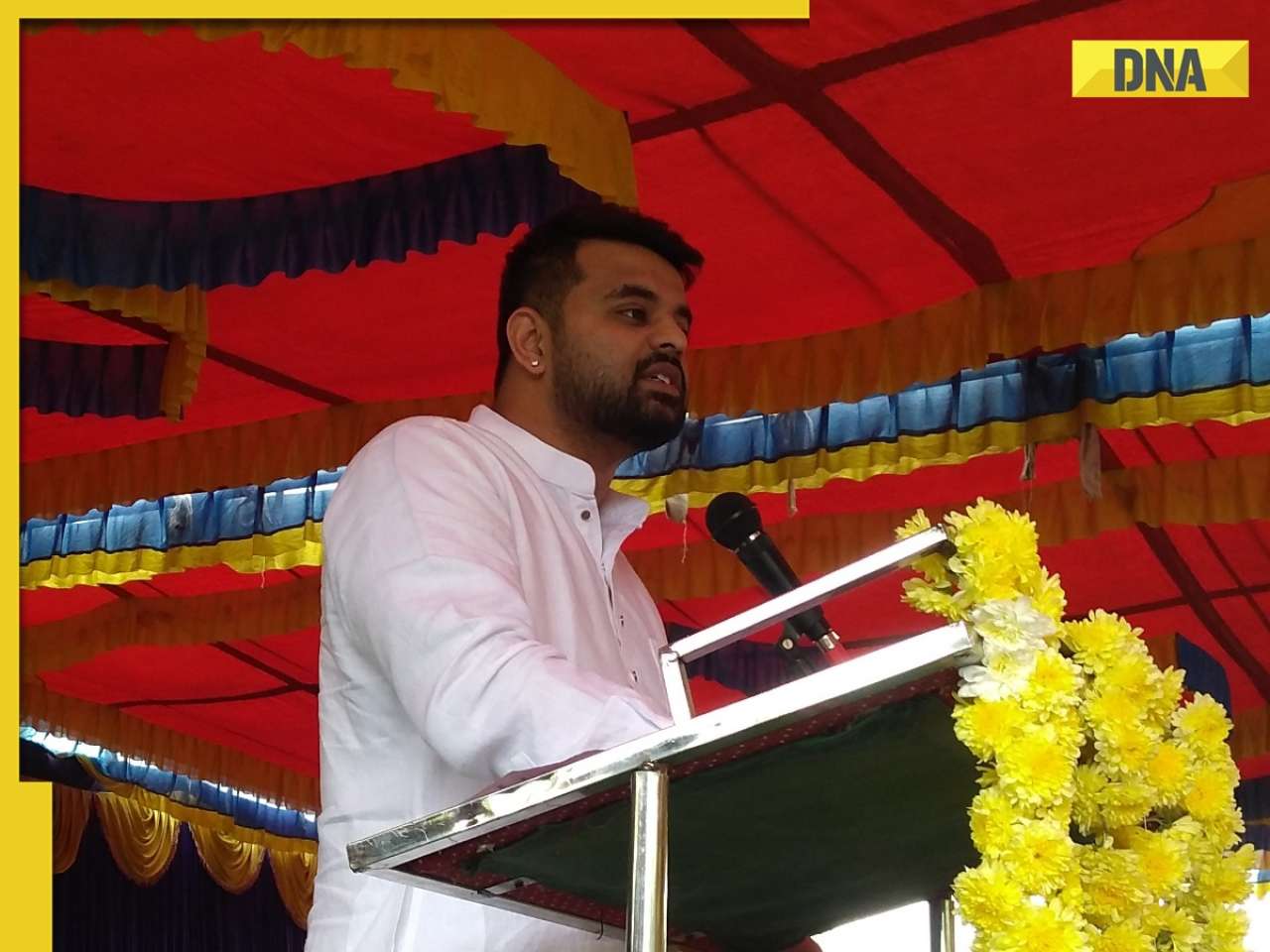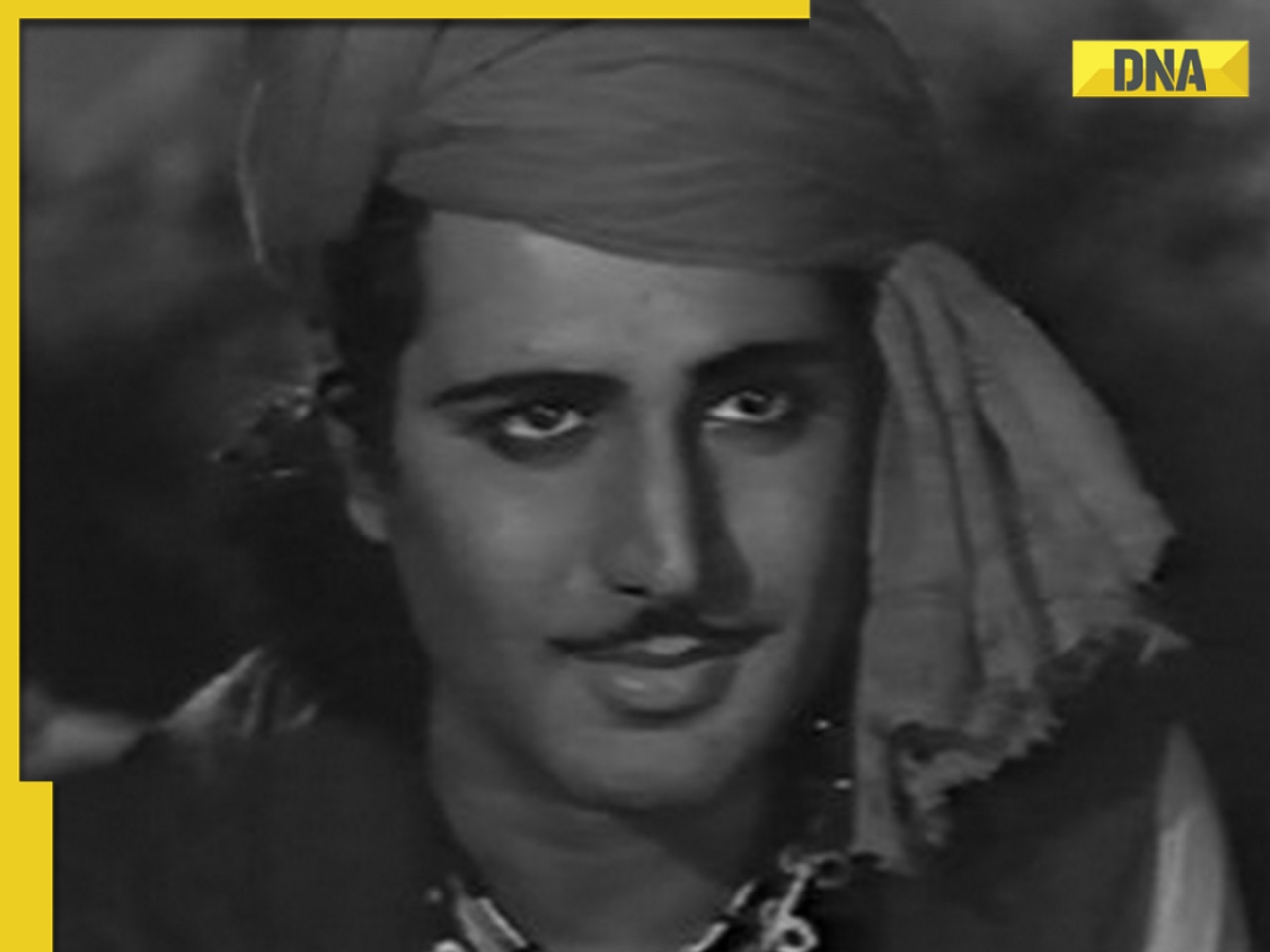When the dust of a devastating blast that rocked an inner Baghdad suburb six weeks ago had settled, Um Wafa'a was a widow.
BAGHDAD: When the dust of a devastating blast that rocked an inner Baghdad suburb six weeks ago had settled, Um Wafa'a was a widow.
Her husband was one of dozens of people caught in the wrong place at the wrong time -- in Karrada neighbourhood on a Thursday afternoon in late July when it was crowded with shoppers ahead of the Muslim day of rest.
Um Wafa'a says while the world will next week mourn the loss of those killed in the September 11 attacks in the United States six years ago, they will hardly shed a tear for the car bomb dead of Baghdad.
In her eyes at least, the attack on the World Trade Centre and the bomb that killed her husband on July 26 are directly linked.
"I believe our suffering began on September 11," 44-year-old Um Wafa'a told AFP. "Now we are daily paying the price of the actions of the terrorists."
The official toll of the Karrada bombing was 25, but in the days that followed the names of 92 victims were listed on posters hastily stuck up on walls of the suburb.
The attack was just another in the litany of violence that has rocked Iraq since the United States declared its war on terror in the aftermath of the attacks on the World Trade Centre and on the Pentagon.
Car bombs, suicide bombers, militia, death squads and snipers have killed tens of thousands of people across Iraq, but no one is keeping an accurate count of those killed.
The independent Internet site Iraq Body Count has come up with a figure of almost 80,000 dead, but says this is only an approximation based on media reports.
A statistical study by US researchers published in October last year sparked controversy when it estimated that some 655,000 Iraqi civilians had died from war-related causes since the start of the occupation.
Whatever the true total, the figure continues to rise rapidly.
In one particularly deadly attack in northern Iraq in July, some 400 people died. The twin bombings against two religious minority villages were the dealiest in the world since September 11.
If Iraqis have no clear idea of their losses since the 2003 invasion, they are equally uncertain of the reasons for their suffering.
"We can only think it was because of the lack of security that has been created by the US invasion," said Nidal Hussein, a mother of six. "Iraq did not know terrorism before then."
After the invasion, the country rapidly descended into chaos and the new order the American strategists had envisaged would arise with the toppling of Saddam Hussein is still a distant dream.
More than four years later, the country is still riven by overlapping civil conflicts that have divided its religious sects and US attempts to staunch the bloodletting by pumping in more than 160,000 troops have had little effect.
Like Um Wafa'a, who survives on handouts, Nidal Hussein too lost her husband.
He was killed three years ago, also in Karrada, when unidentified gunmen opened fire on his vehicle. Three of her children were wounded.
Sitting alongside her, her 11-year-old son Ammar follows the conversation of the adults unsmilingly. He takes off his prosthesis and rests the stump of his leg on the couch. His left leg was sliced off at the knee.
Watching him limping later, Hussein sighs and murmurs: "September 11 for me was far less terrible than this."
The district of Karrada is still recovering from the July attack. The debris of a four-storey building remains as a stark reminder -- clothes of children and cooking implements can still be seen amid the rubble.
"We had nothing to do with the terrorists," said Abu Haidar, trying to understand the chaos that has engulfed his country.
He grunts before revving his earthmover and going back to his task of trying to make an impact on the mound of twisted concrete and mangled metal that was once home to dozens of families.
Not far away, in the sprawling east Baghdad district of Sadr City, Hellal Younis, a 50-year-old Shiite, is equally perplexed.
He lost a leg on November 23, 2006, when six car bombs exploded simultaneously in the impoverished neighbourhood. More than 200 people died in the blasts, in one of the deadliest days of violence since the invasion.
"What we experience every day is 100 times worse than September 11," said the father of eight. "Each day hundreds of Iraqis are killed."
Dressed in a dishadasha, or traditional Arab robe, he adds slowly: "We have September 11 here every minute."
![submenu-img]() Meet India's highest paid director, charges 30 times more than his stars; not Hirani, Rohit Shetty, Atlee, Karan Johar
Meet India's highest paid director, charges 30 times more than his stars; not Hirani, Rohit Shetty, Atlee, Karan Johar![submenu-img]() Indian government issues warning for Google users, sensitive information can be leaked if…
Indian government issues warning for Google users, sensitive information can be leaked if…![submenu-img]() Prajwal Revanna Sex Scandal Case: Several women left home amid fear after clips surfaced, claims report
Prajwal Revanna Sex Scandal Case: Several women left home amid fear after clips surfaced, claims report![submenu-img]() Meet man who studied at IIT, IIM, started his own company, now serving 20-year jail term for…
Meet man who studied at IIT, IIM, started his own company, now serving 20-year jail term for…![submenu-img]() Gautam Adani’s project likely to get Rs 170000000000 push from SBI, making India’s largest…
Gautam Adani’s project likely to get Rs 170000000000 push from SBI, making India’s largest…![submenu-img]() DNA Verified: Is CAA an anti-Muslim law? Centre terms news report as 'misleading'
DNA Verified: Is CAA an anti-Muslim law? Centre terms news report as 'misleading'![submenu-img]() DNA Verified: Lok Sabha Elections 2024 to be held on April 19? Know truth behind viral message
DNA Verified: Lok Sabha Elections 2024 to be held on April 19? Know truth behind viral message![submenu-img]() DNA Verified: Modi govt giving students free laptops under 'One Student One Laptop' scheme? Know truth here
DNA Verified: Modi govt giving students free laptops under 'One Student One Laptop' scheme? Know truth here![submenu-img]() DNA Verified: Shah Rukh Khan denies reports of his role in release of India's naval officers from Qatar
DNA Verified: Shah Rukh Khan denies reports of his role in release of India's naval officers from Qatar![submenu-img]() DNA Verified: Is govt providing Rs 1.6 lakh benefit to girls under PM Ladli Laxmi Yojana? Know truth
DNA Verified: Is govt providing Rs 1.6 lakh benefit to girls under PM Ladli Laxmi Yojana? Know truth![submenu-img]() Jr NTR-Lakshmi Pranathi's 13th wedding anniversary: Here's how strangers became soulmates
Jr NTR-Lakshmi Pranathi's 13th wedding anniversary: Here's how strangers became soulmates![submenu-img]() Streaming This Week: Heeramandi, Shaitaan, Manjummel Boys, latest OTT releases to binge-watch
Streaming This Week: Heeramandi, Shaitaan, Manjummel Boys, latest OTT releases to binge-watch![submenu-img]() Remember Ayesha Kapur? Michelle from Black, here's how actress, nutrition coach, entrepreneur looks after 19 years
Remember Ayesha Kapur? Michelle from Black, here's how actress, nutrition coach, entrepreneur looks after 19 years![submenu-img]() Remember Heyy Babyy's cute 'Angel' Juanna Sanghvi? 20 year-old looks unrecognisable now, fans say 'her comeback will...'
Remember Heyy Babyy's cute 'Angel' Juanna Sanghvi? 20 year-old looks unrecognisable now, fans say 'her comeback will...'![submenu-img]() In pics: Arti Singh stuns in red lehenga as she ties the knot with beau Dipak Chauhan in dreamy wedding
In pics: Arti Singh stuns in red lehenga as she ties the knot with beau Dipak Chauhan in dreamy wedding![submenu-img]() DNA Explainer: Why Harvey Weinstein's rape conviction was overturned, will beleaguered Hollywood mogul get out of jail?
DNA Explainer: Why Harvey Weinstein's rape conviction was overturned, will beleaguered Hollywood mogul get out of jail?![submenu-img]() What is inheritance tax?
What is inheritance tax?![submenu-img]() DNA Explainer: What is cloud seeding which is blamed for wreaking havoc in Dubai?
DNA Explainer: What is cloud seeding which is blamed for wreaking havoc in Dubai?![submenu-img]() DNA Explainer: What is Israel's Arrow-3 defence system used to intercept Iran's missile attack?
DNA Explainer: What is Israel's Arrow-3 defence system used to intercept Iran's missile attack?![submenu-img]() DNA Explainer: How Iranian projectiles failed to breach iron-clad Israeli air defence
DNA Explainer: How Iranian projectiles failed to breach iron-clad Israeli air defence![submenu-img]() Meet India's highest paid director, charges 30 times more than his stars; not Hirani, Rohit Shetty, Atlee, Karan Johar
Meet India's highest paid director, charges 30 times more than his stars; not Hirani, Rohit Shetty, Atlee, Karan Johar![submenu-img]() This superstar worked as clerk, was banned from wearing black, received death threats; later became India's most...
This superstar worked as clerk, was banned from wearing black, received death threats; later became India's most...![submenu-img]() Karan Johar slams comic for mocking him, bashes reality show for 'disrespecting' him: 'When your own industry...'
Karan Johar slams comic for mocking him, bashes reality show for 'disrespecting' him: 'When your own industry...'![submenu-img]() Kapoor family's forgotten hero, highest paid actor, gave more hits than Raj Kapoor, Ranbir, never called star because...
Kapoor family's forgotten hero, highest paid actor, gave more hits than Raj Kapoor, Ranbir, never called star because...![submenu-img]() Meet actress who lost stardom after getting pregnant at 15, husband cheated on her, she sold candles for living, now...
Meet actress who lost stardom after getting pregnant at 15, husband cheated on her, she sold candles for living, now...![submenu-img]() IPL 2024: Kolkata Knight Riders take top spot after 98 runs win over Lucknow Super Giants
IPL 2024: Kolkata Knight Riders take top spot after 98 runs win over Lucknow Super Giants![submenu-img]() ICC Women’s T20 World Cup 2024 schedule announced; India to face Pakistan on....
ICC Women’s T20 World Cup 2024 schedule announced; India to face Pakistan on....![submenu-img]() IPL 2024: Bowlers dominate as CSK beat PBKS by 28 runs
IPL 2024: Bowlers dominate as CSK beat PBKS by 28 runs![submenu-img]() IPL 2024: Big blow to CSK as star pacer returns home due to...
IPL 2024: Big blow to CSK as star pacer returns home due to...![submenu-img]() SRH vs MI IPL 2024: Predicted playing XI, live streaming details, weather and pitch report
SRH vs MI IPL 2024: Predicted playing XI, live streaming details, weather and pitch report![submenu-img]() Job applicant offers to pay Rs 40000 to Bengaluru startup founder, here's what happened next
Job applicant offers to pay Rs 40000 to Bengaluru startup founder, here's what happened next![submenu-img]() Viral video: Family fearlessly conducts puja with live black cobra, internet reacts
Viral video: Family fearlessly conducts puja with live black cobra, internet reacts![submenu-img]() Woman demands Rs 50 lakh after receiving chicken instead of paneer
Woman demands Rs 50 lakh after receiving chicken instead of paneer![submenu-img]() Who is Manahel al-Otaibi, Saudi women's rights activist jailed for 11 years over clothing choices?
Who is Manahel al-Otaibi, Saudi women's rights activist jailed for 11 years over clothing choices?![submenu-img]() In candid rapid fire, Rahul Gandhi reveals why white T-shirts are his signature attire, watch
In candid rapid fire, Rahul Gandhi reveals why white T-shirts are his signature attire, watch













































)
)
)
)
)
)